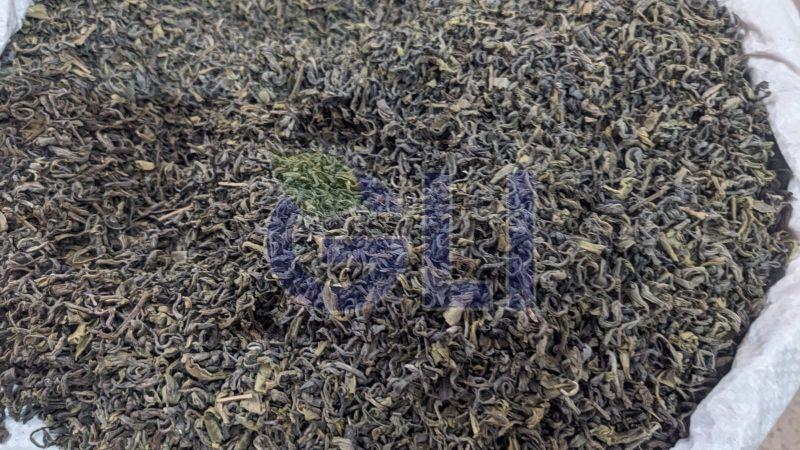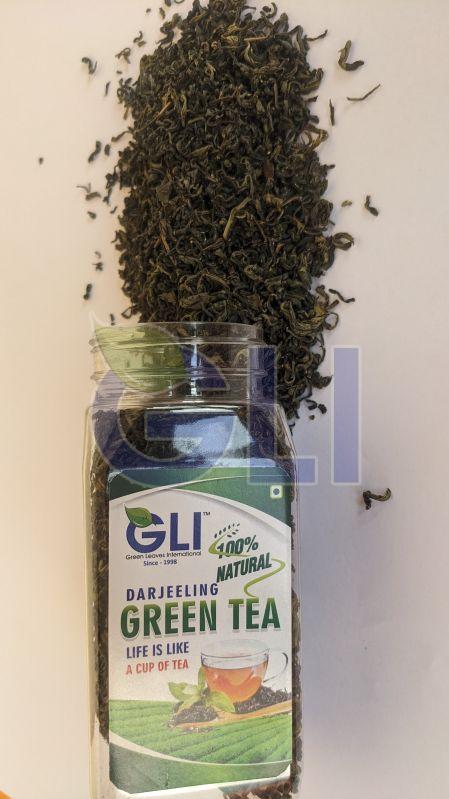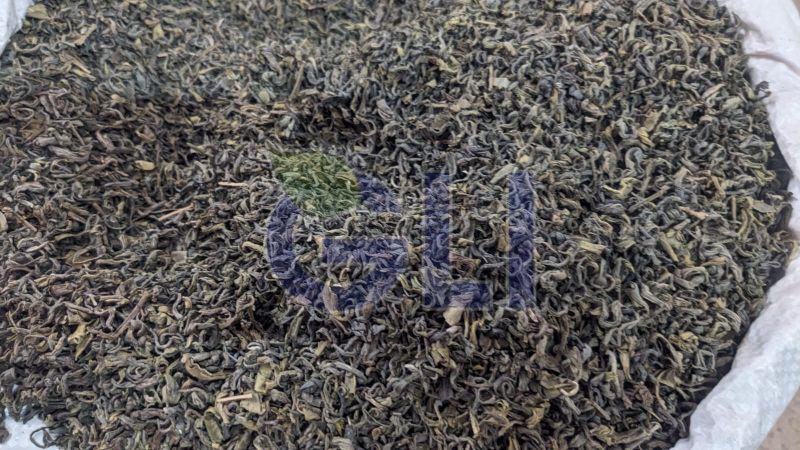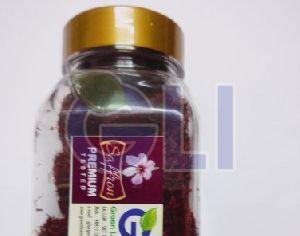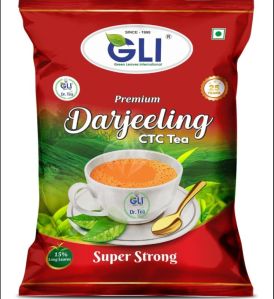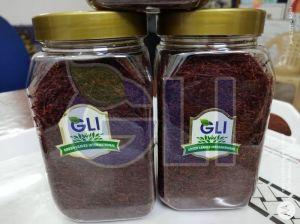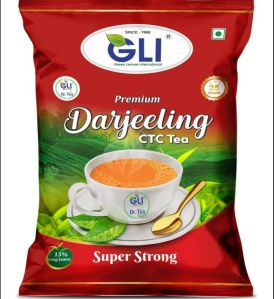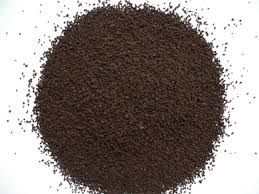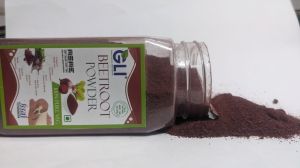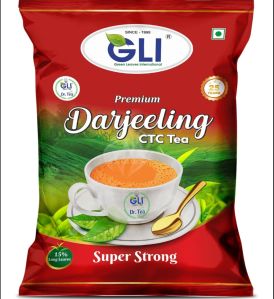| Business Type | Manufacturer, Exporter, Supplier, Retailer, Trader, Distributor, Importer |
| Brand Name | GLI,GLI |
| Cultivation Type | Natural |
| Processing Type | natural |
| Click to view more | |
Product Details
Green Leaves International GLI Branded DARJEELING Green Tea , No color and No seesnce. Natural and organic.
History of Darjeeling Tea
The story of Darjeeling Tea started around 1850 when a Dr. Campbell, a civil surgeon, planted tea seeds in his garden at Beechwood, Darjeeling, 7000 ft above sea level as an experiment. He was reasonably successful in raising the plant because the government, in 1847, elected to put out tea nurseries in this area.
"According to records, the first commercial tea gardens planted out by the British tea interests were Tukvar, Steinthal and Aloobari tea estates. This was in 1852 and all these plantations used seeds that were raised in the government nurseries.
"Darjeeling was then only a sparsely populated hamlet which was being used as a hill resort by the army and some affluent people. Tea, being a labour intensive enterprise, required sufficient numbers of workers to plant, tend, pluck and finally manufacture the produce. For this, employment was offered to people from across the border of Nepal.
"It appears that in 1866, Darjeeling had 39 gardens producing a total crop of 21,000 kilograms of tea. In 1870, the number of gardens increased to 56 to produce about 71,000 kgs of tea harvested from 4,400 hectares. During 1860-64, the Darjeeling Company was established with 4 gardens while the Darjeeling Consolidated Tea Co. dates back to 1896. By 1874, tea in Darjeeling was found to be a profitable venture and there were 113 gardens with approximately 6,000 hectares."
Looking for "Natural Darjeeling Green Tea" ?
Explore More Products




